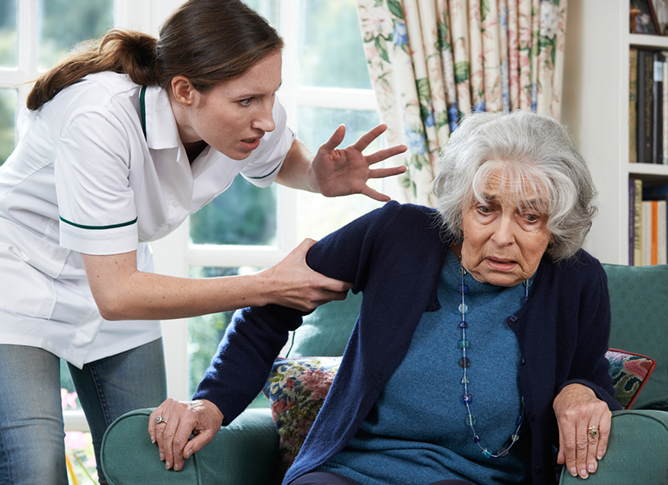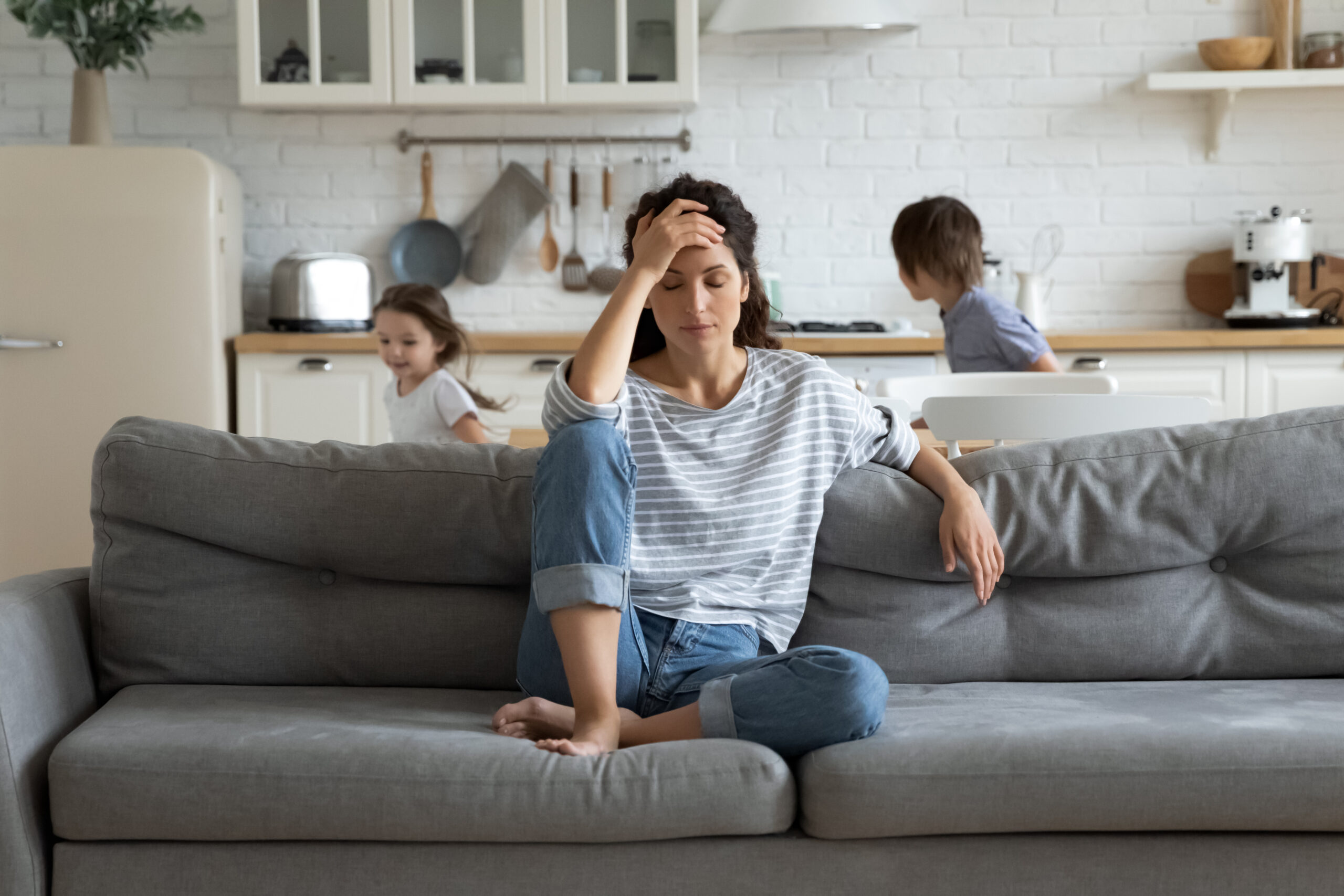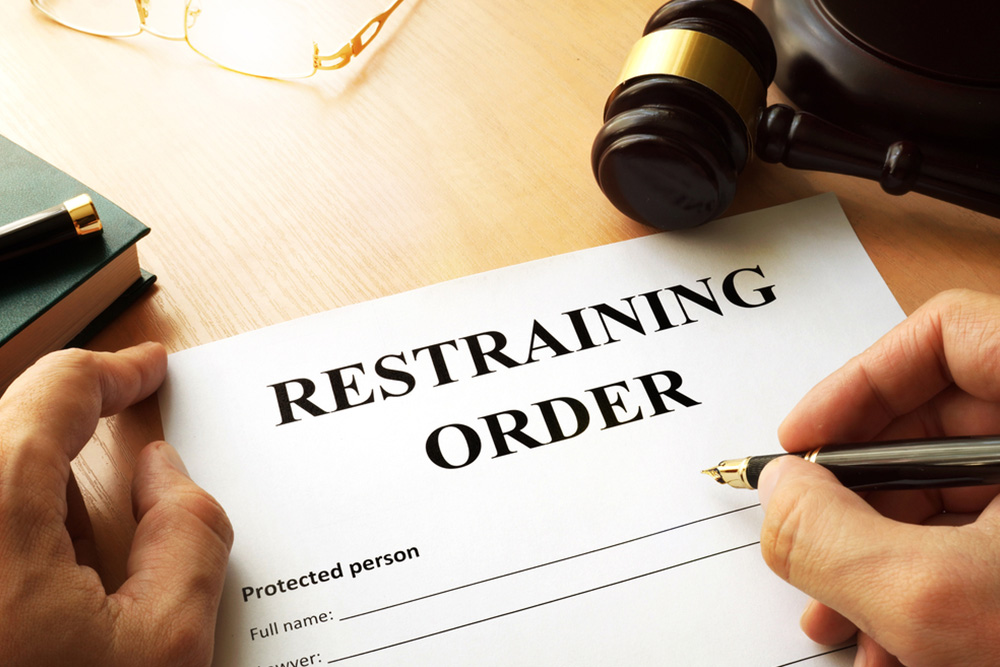Too many people mistakenly assume that because their loved one stays with family or a spouse that they won’t face elder abuse as they age. While people in nursing homes do have to deal with difficult scenarios, the same is true of some people who live at home with loved ones.
The strain of caring for someone as they age can bring out the worst in some people. They may lose their patience, become angry or begin to resent their role as caregiver. Caregivers who are not fully invested in the safety and well-being of their charges may become physically, emotionally or verbally abusive.
They can also engage in acts of neglect that can have a profound negative impact on their charge. You should familiarize yourself with the warning signs of elder abuse and neglect, even if your loved one remains at home in the care of one of their children or a spouse.
Watch for changes in mood and personality
You certainly want to watch for physical signs of abuse, but many abusers are smart enough to avoid leaving conspicuous marks. Actions that cause intense pain or stress don’t necessarily have to leave bruises or broken bones. If your loved one has become angry, sad, withdrawn or otherwise a different person, that may be an early warning sign of serious problems at home.
Watch for caregivers who won’t give you time alone
One of the most suspicious red flags is likely one that won’t come directly from your older loved one. Instead, it is the fear of leaving the person suffering abuse alone with anyone else. Someone who knows they are actively mistreating someone else will go to great lengths to avoid getting exposed.
Your loved one may be willing to speak up, but likely only in the privacy of a moment alone with you. If someone absolutely refuses to give you one on one time, that can be a major warning that something bad is happening.
Your loved one has become isolated and cut off from others
If your loved one can no longer have visitors or is otherwise being cut off from their family, that is a warning sign of both emotional abuse and an attempt to cover the signs of abuse. While it is true that visits could put a lot of strain on those dealing with dementia and the illnesses associated with aging, occasional visits or phone calls could actually benefit an ailing older adult.
Isolation is often the first step toward someone exerting undue influence on an estate plan or increasing their abusive behaviors. If you have any reason to suspect elder abuse, you may need to take legal action to protect your aging loved one from mistreatment.
















